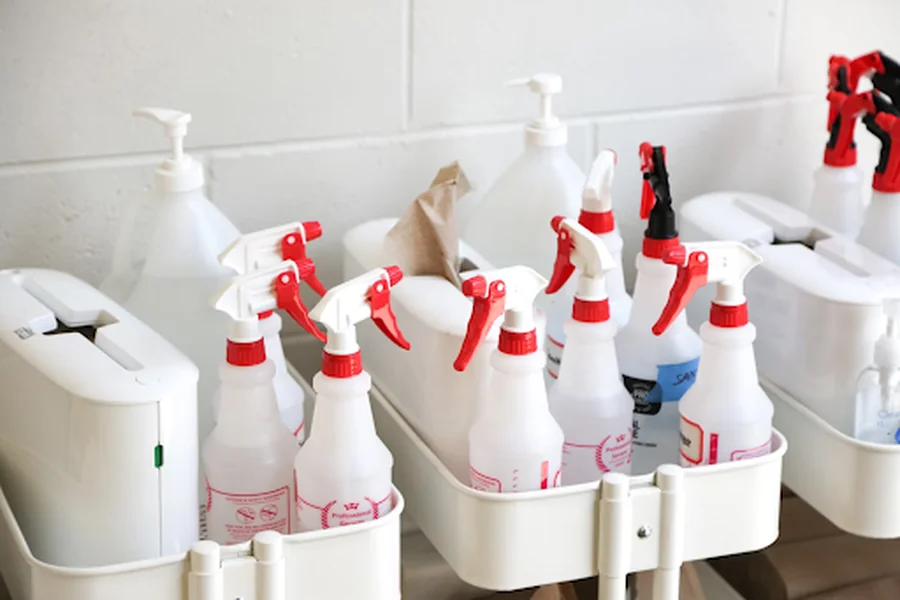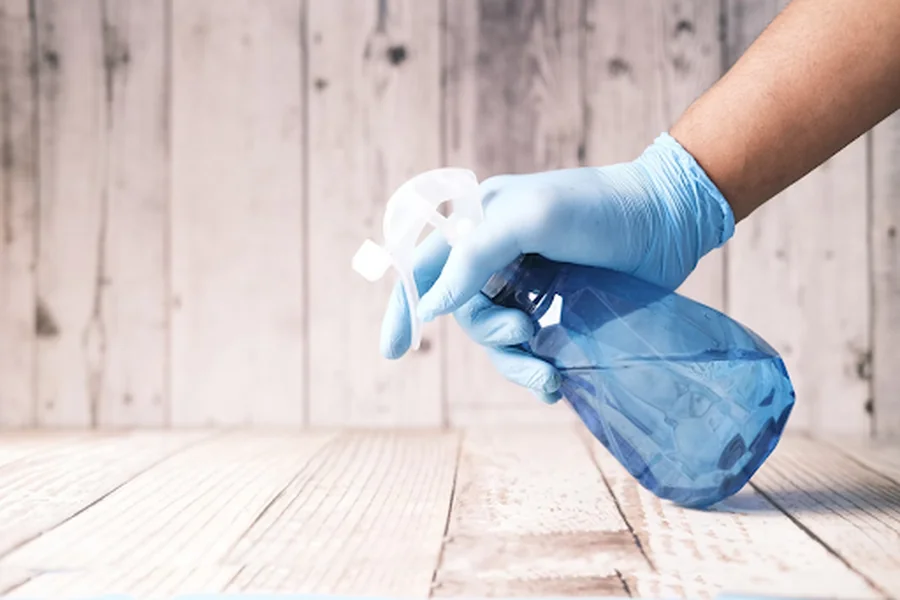Cleaning Supplies: Proper Use, Benefits, and Best Practices for Health and Safety
Cleaning supplies are essential for maintaining hygiene and improving the overall quality of living and working environments. They help eliminate dirt, bacteria, and allergens, supporting health and well-being. Proper use of these products enhances air quality, reduces the spread of illnesses, and preserves the condition of surfaces and furnishings. Despite their importance, many people lack awareness of how to use them effectively, often overlooking instructions or safety details. This gap can result in misuse, reduced effectiveness, or health risks. A greater understanding of their correct use is key to achieving safe and efficient cleaning outcomes.
Benefits of Using Cleaning Supplies
Promoting Hygiene and Health
Cleaning supplies play a direct role in reducing infections and diseases. Regular cleaning, proper waste disposal, and safe food handling limit the spread of harmful microorganisms. These practices support a healthier population and lower healthcare costs by preventing avoidable illnesses.
Controlling Germ Transmission
Simple measures, such as handwashing, disinfecting high-contact surfaces, and covering coughs and sneezes, reduce the risk of spreading germs. Vaccinations also strengthen protection for individuals and communities. Together, these actions help manage contamination and safeguard public health.
Simplifying Maintenance
Surfaces designed to resist stains and grime, combined with consistent cleaning routines, make upkeep easier. Choosing products that are simple to use and effective ensures spaces remain clean and inviting with minimal effort, while also extending the life of materials.
Understanding Different Surfaces and Spaces
Different surfaces, such as wood, porcelain, glass, or metal, require specific cleaning approaches. Selecting the right product ensures effectiveness and prevents damage. For instance, wood may need gentler solutions, while glass requires streak-free cleaners. Assessing material needs helps maintain both functionality and appearance, while also protecting surfaces against long-term wear.
Effective Usage of Cleaning Supplies
Accurate Dilution
Many products require dilution for safe and effective use. Over-dilution reduces cleaning power, while under-dilution may cause harm. Following recommended ratios and using proper measurement tools ensures consistent and safe results.
Safety Precautions
Proper handling of cleaning supplies prevents accidents and health risks. This includes wearing protective gear when necessary, ensuring good ventilation, and receiving adequate training on potential hazards. Regular equipment checks and fostering a culture of safety are also essential.
Application and Timing
Using the correct method and timing maximises cleaning efficiency. Whether wiping, scrubbing, or spraying, applying the right technique helps achieve thorough results while avoiding waste. Regular, consistent cleaning cycles also prevent build-up and support healthier, more productive environments.
Exploring Different Types of Cleaning Supplies
By Use and Setting
Products can be classified by their intended environment. Kitchen supplies target food-related cleaning, while bathroom products focus on hygiene. This categorisation helps users find suitable options more easily.
Commercial vs Homemade
Commercial cleaners are convenient and specifically formulated, though they often contain strong chemicals. Homemade alternatives, such as vinegar or baking soda solutions, are eco-friendly and safer but may require experimentation to achieve results.
Sustainable Options
Eco-conscious cleaning products prioritise natural ingredients and minimise harmful chemicals. Choosing these supports environmental sustainability and reduces exposure to toxic substances, benefiting both people and the planet.

Common Mistakes in Using Cleaning Supplies
Overuse of Products
Excessive use of strong cleaners can harm health and the environment. Many contain chemicals that irritate the skin or lungs and can contaminate waterways. Using the right amount helps reduce risks and supports eco-friendly practices.
Using Inappropriate Products
Each surface requires suitable cleaning methods. Applying the wrong product can cause staining, discolouration, or degradation. Matching supplies to surfaces prevents damage and ensures effective results.
Ignoring Safety Guidelines
Neglecting safety instructions increases the likelihood of accidents and health issues. Adhering to recommended precautions is essential for maintaining a safe cleaning routine in homes and workplaces alike.
Caring for Cleaning Supplies
Proper care of cleaning products maintains safety and effectiveness. Supplies should be stored in their original containers, clearly labelled, and kept away from heat, moisture, and children. Expiration dates must be checked regularly, and expired products must be disposed of responsibly. Routine inspection of supplies and equipment ensures continued performance, prevents waste, and prolongs usability.
Conclusion
Cleaning supplies are fundamental to health, hygiene, and the preservation of living and working spaces. Their correct selection, usage, and storage not only improve cleanliness but also reduce health risks and environmental harm. By understanding surfaces, using products responsibly, and prioritising safety, individuals and organisations can maintain cleaner, safer, and more sustainable environments.
FAQs
How often should cleaning supplies be replaced?
Cleaning supplies should be replaced once they reach their expiration date or show signs of reduced effectiveness. Tools such as sponges, cloths, and mops should also be replaced regularly to avoid bacterial build-up.
Are homemade cleaning solutions as effective as commercial products?
Homemade solutions can be effective for light cleaning tasks and are safer for the environment. However, commercial products are usually more powerful and better suited for heavy-duty cleaning or disinfection.
What is the safest way to store cleaning supplies at home?
The safest way is to keep them in their original containers with labels intact, stored in a cool, dry place, and out of reach of children and pets. They should not be kept near heat sources or exposed to direct sunlight.







